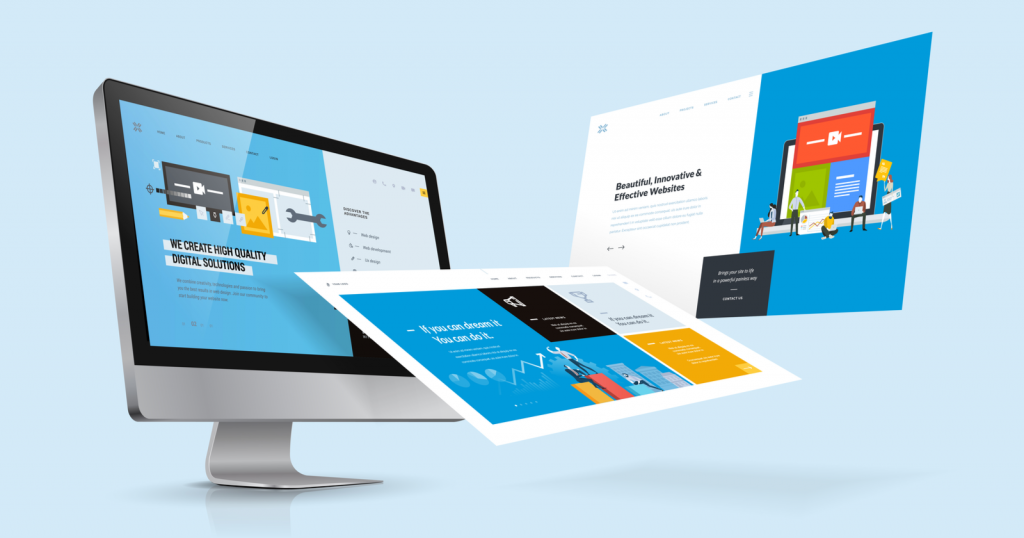Websites are our ‘online offices’ that are opened 24/7 to help us achieve our business or personal goals but sometimes the idea that we need to have a Website might be intimidating and thoughts consuming. So here are some Web Design tips for you or your Web Designer
1. Have a plan
Don’t just start designing your website. To ensure that your website is effectively meeting the needs of your visitors you need to map out your buyer’s journey from the first time they visit your website to the moment they become a customer. What pages are they going to view, what content are they going to read on those pages, what content will your visitors convert on? Understanding this will help you design a site that helps nurture leads through the sales funnel.
2. Mobile optimization
Don’t forget about optimizing your site for mobile. If you don’t already know, 80% of internet users own a smartphone, and “Google says 61% of users are unlikely to return to a mobile site they had trouble accessing and 40% visit a competitor’s site instead”. Basically, you already know that people access the internet on a mobile device more than a desktop so it’s a necessity to tailor your site to fit the needs and wants of your visitors. You might want to ask yourself, why would someone access my site on mobile? What things would they look for? Does my experience currently allow them to do those things easily?
3. Implement calls-to-action
Once your visitors land on your site, do they know what to do next? They won’t know what pages to view or actions to take if you don’t provide them with some sort of direction. Call-to-action buttons are one of the many elements that indicate the next step user should take on a page.
4. Keep your Homepage minimal: Your website’s homepage should communicate your core message instantaneously. After all, we rarely read every word on a website. Instead, we quickly scan the page, picking out key words, sentences and images. With these known behaviors in mind, it’s better to appeal to emotions rather than word count. The less site visitors have to read, click on, or remember, the better they’ll be able to process and evaluate your content.
5. Keep important content above the fold: visitors should understand what your website is all about as soon as possible, without having to scroll or click anywhere.
6. Add imagery: High-quality media features such as beautiful photographs, vector art or icons, will do wonders as alternative ways to communicate your point.
I hope these tips help you. To learn how to build professional websites for yourself, business or even for clients, I advise you take our Web Design Online Class.
To begin your class, goto > Web Design Online Class
